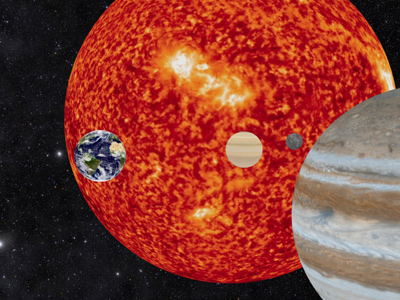
Ask the AI Tutor
Need help with Nouns (Proper) 01? Ask our AI Tutor!
AI Tutor - Lucy
Connecting with Tutor...
Please wait while we establish connection

In the sentence 'Mr. Green told us that Saturn is larger than Pluto' the proper nouns are 'Mr. Green', 'Saturn' and 'Pluto'.
Nouns (Proper) 01
Proper nouns name specific people, places and titles. This KS3 English quiz practises capital letters for names, brands, days, languages, and titles.
1 .
Choose the proper noun(s) from the following sentence.
Alton is near the cities of Guildford and Winchester.
Alton is near the cities of Guildford and Winchester.
Alton, cities, Guildford
Alton, cities, Winchester
Alton, near, Winchester
Alton, Guildford, Winchester
All three are places and so are proper nouns
2 .
Choose the proper noun(s) from the following sentence.
Mrs Rose has a ticket for the Royal Hall next week.
Mrs Rose has a ticket for the Royal Hall next week.
Mrs Rose, Royal Hall
Mrs Rose, ticket
Royal Hall, week
ticket, week
Use capital letters for people and places. Mrs and Rose are the two parts of a name, just as Royal and Hall
3 .
Choose the proper noun(s) from the following sentence.
The ball bounced off a bat onto a table and hit Tom.
The ball bounced off a bat onto a table and hit Tom.
ball
bat
table
Tom
A capital letter is a good clue that you've found a proper noun (except at the beginnings of sentences, which always start with capital letters...)
4 .
Choose the proper noun(s) from the following sentence.
James put the pen and book on a table by a window.
James put the pen and book on a table by a window.
book
James
pen
table
James is a name, has a capital letter and is a proper noun
5 .
Choose the proper noun(s) from the following sentence.
The train stops in London, then in Bath and Bristol.
The train stops in London, then in Bath and Bristol.
London, Bath, Bristol
train, Bath, Bristol
train, London, Bath
train, London, Bristol
Names of cities and towns are proper nouns
6 .
Choose the proper noun(s) from the following sentence.
The driver of the train is Mr Hill; he has eight children.
The driver of the train is Mr Hill; he has eight children.
children
driver
Mr Hill
train
Mr and Hill are the two parts of a name; both should be capitalised
7 .
Choose the proper noun(s) from the following sentence.
The Earth, Mars, Venus and Mercury are all planets.
The Earth, Mars, Venus and Mercury are all planets.
Earth, Mars, Venus, Mercury
Earth, Mars, Venus, planets
Earth, Venus, Mercury, planets
Mars, Venus, Mercury, planets
Names of places, even planets, are proper nouns
8 .
Choose the proper noun(s) from the following sentence.
The book's title is "Tennis" and the author is Jim Brown.
The book's title is "Tennis" and the author is Jim Brown.
book's, Jim, Brown
book's, title, Jim
Tennis, Jim, Brown
title, Tennis, Jim
Book, film and song titles are proper nouns
9 .
Choose the proper noun(s) from the following sentence.
Cars and lorries roar through the streets of London.
Cars and lorries roar through the streets of London.
Cars
London
lorries
streets
London is a place and is a proper noun
10 .
Choose the proper noun(s) from the following sentence.
On a map, Asia and Europe are adjoining continents.
On a map, Asia and Europe are adjoining continents.
Asia, Europe
Europe, continents
map, continents
map, Europe
Europe and Asia are the names of places
**Unlimited Quizzes Await You! 🚀**
Hey there, quiz champ! 🌟 You've already tackled today's free questions.
Ready for more?
Ready for more?
🔓 Unlock UNLIMITED Quizzes and challenge yourself every day. But that's
not all...
not all...
🔥 As a Subscriber you can join our thrilling "Daily Streak" against other
quizzers. Try to win a coveted spot on our Hall of Fame Page.
quizzers. Try to win a coveted spot on our Hall of Fame Page.
Don't miss out! Join us now and keep the fun rolling. 🎉
**Unlimited Quizzes Await You! 🚀**
Hey there, quiz champ! 🌟 You've already tackled today's free questions. Ready for more?
🔓 Unlock UNLIMITED Quizzes and challenge yourself every day. But that's not all...
🔥 As a Subscriber you can join our thrilling "Daily Streak" against other quizzers. Try to win a coveted spot on our Hall of Fame Page.
Don't miss out! Join us now and keep the fun rolling. 🎉






